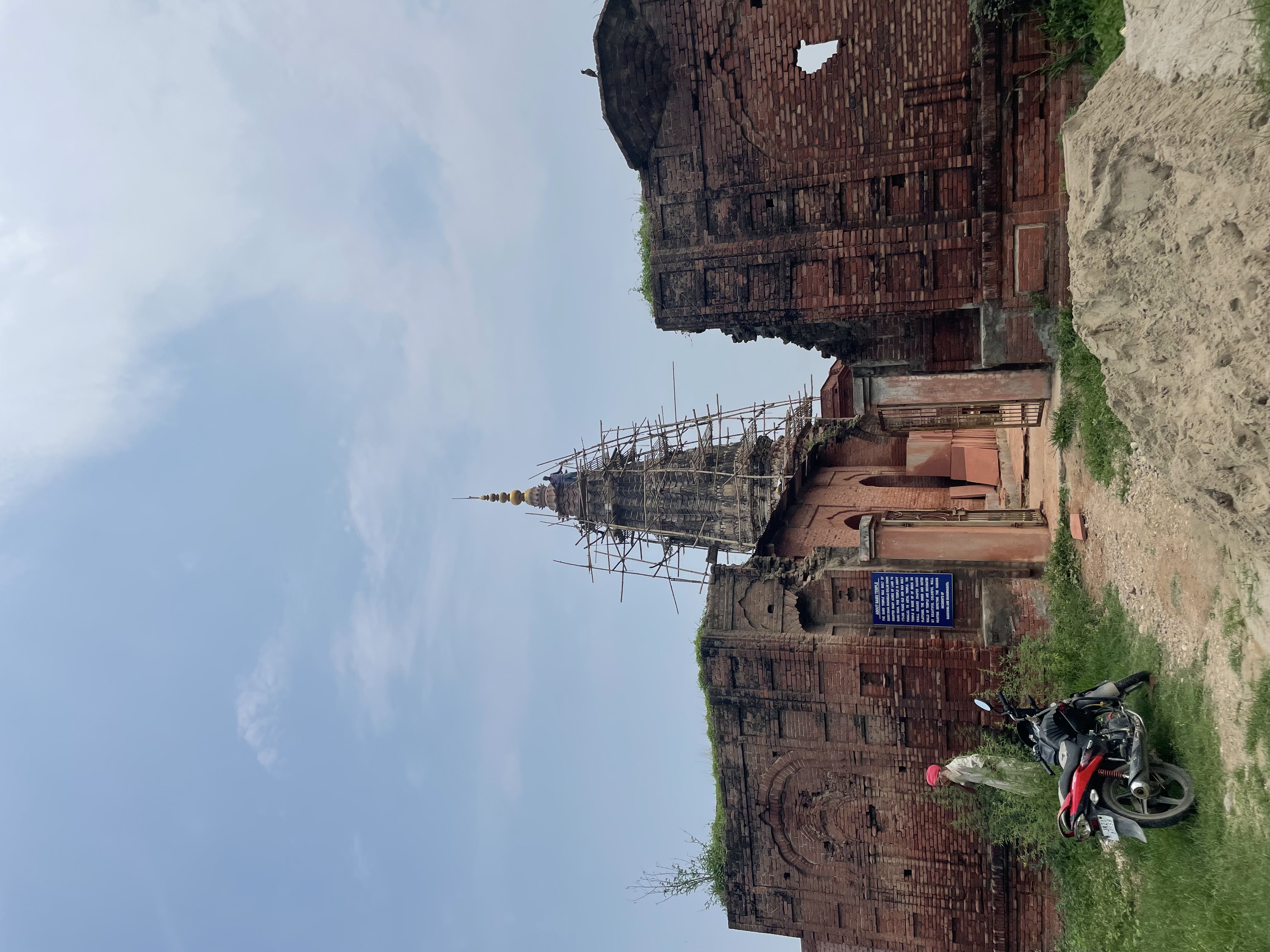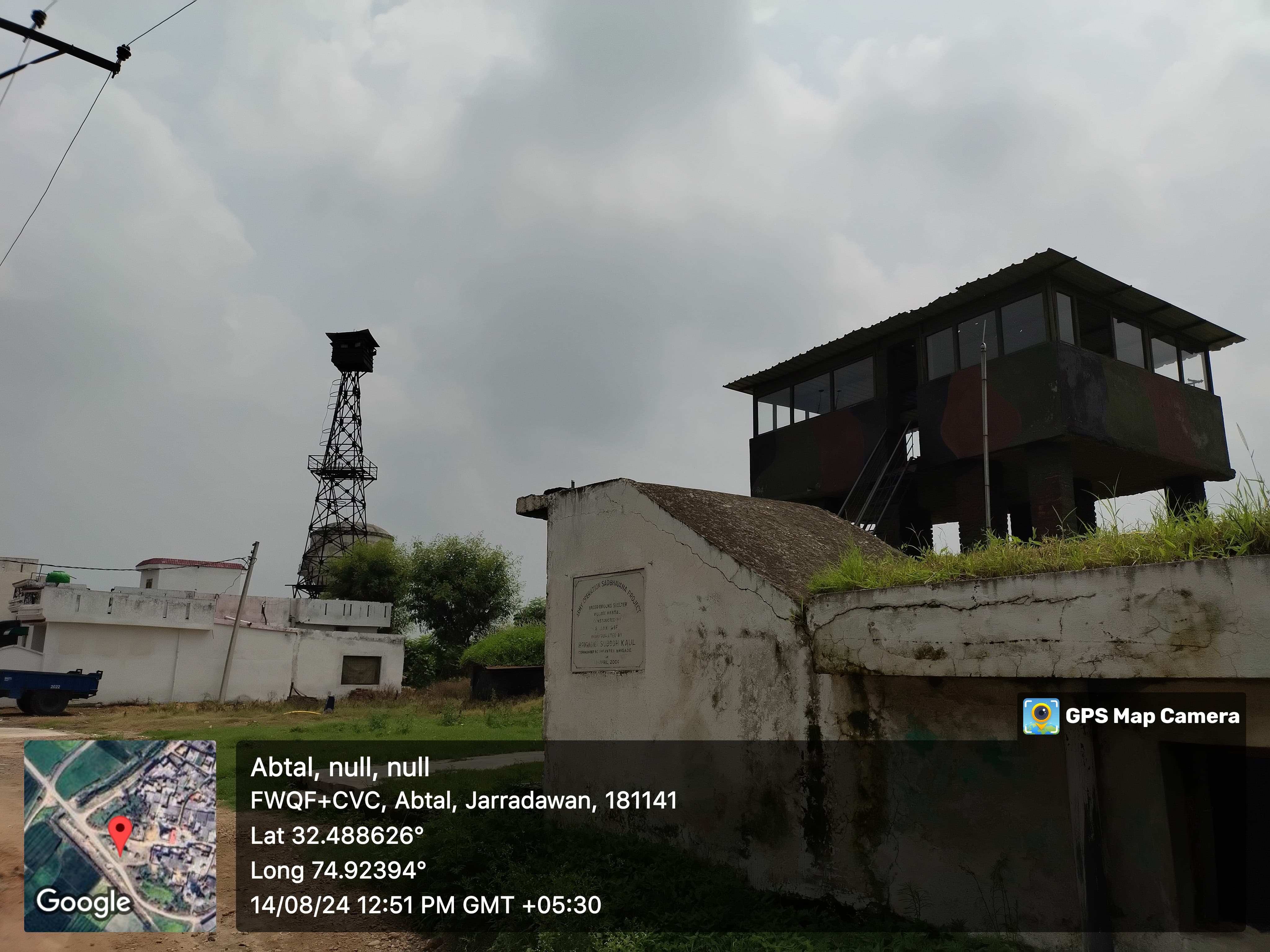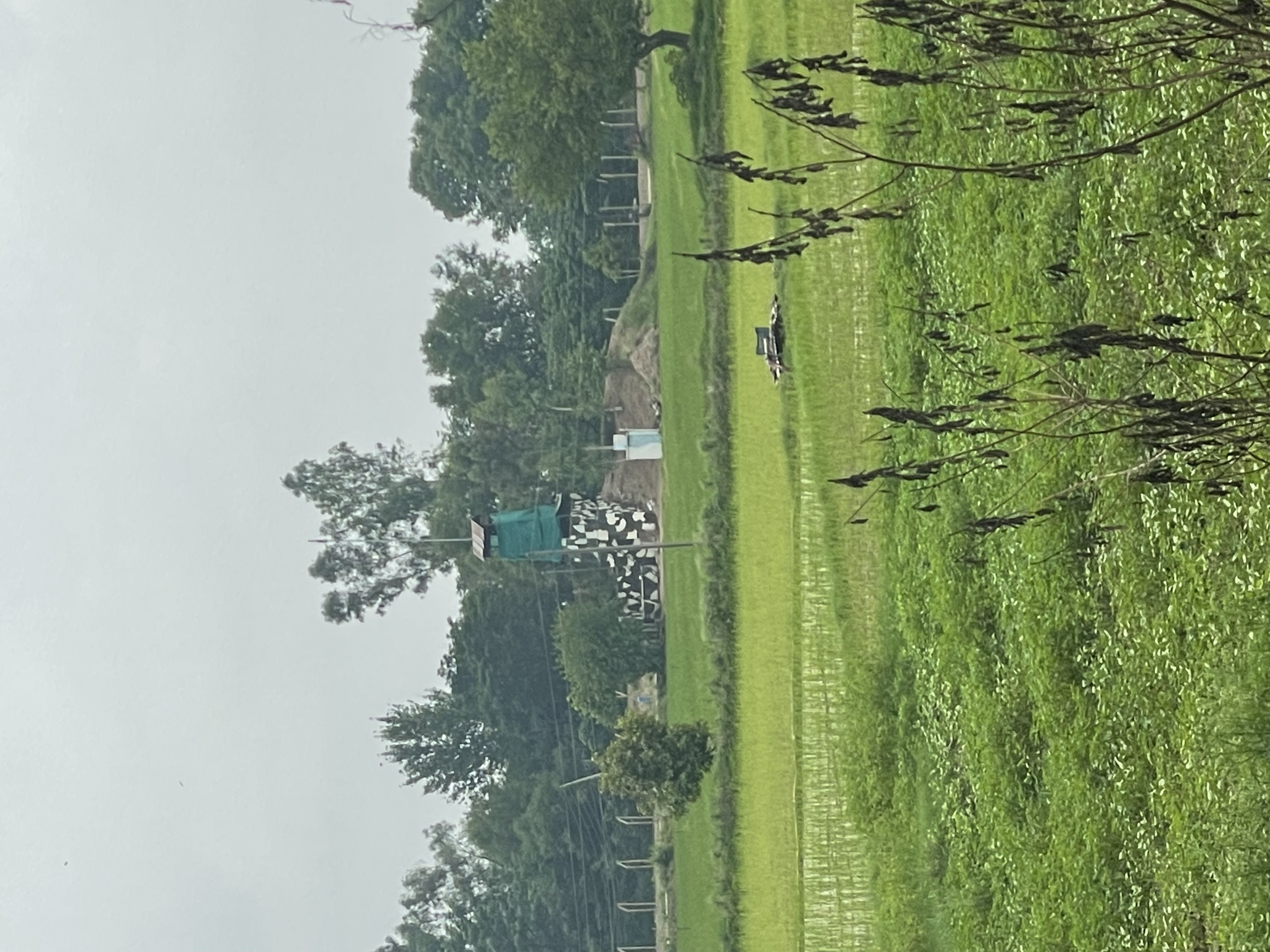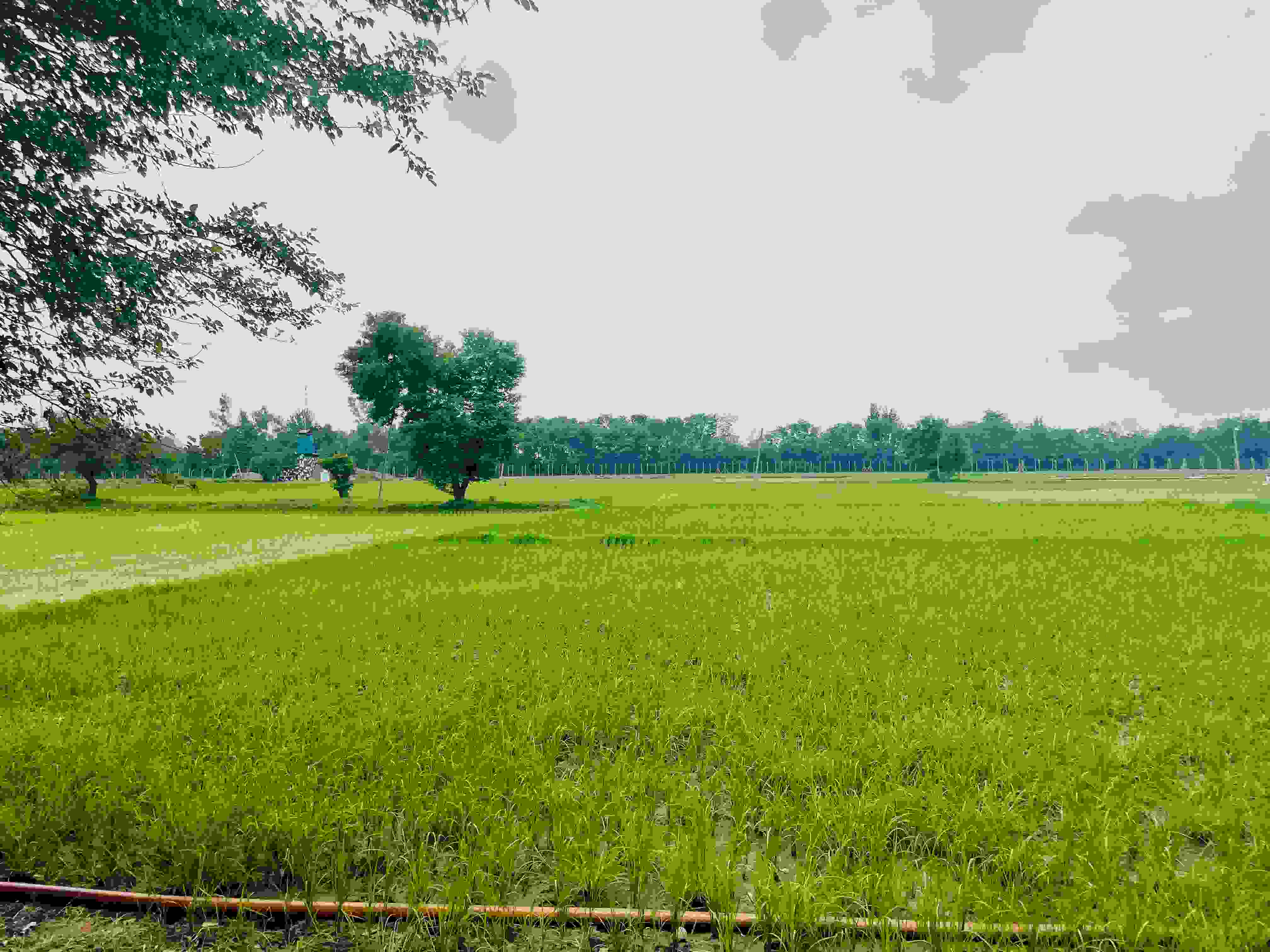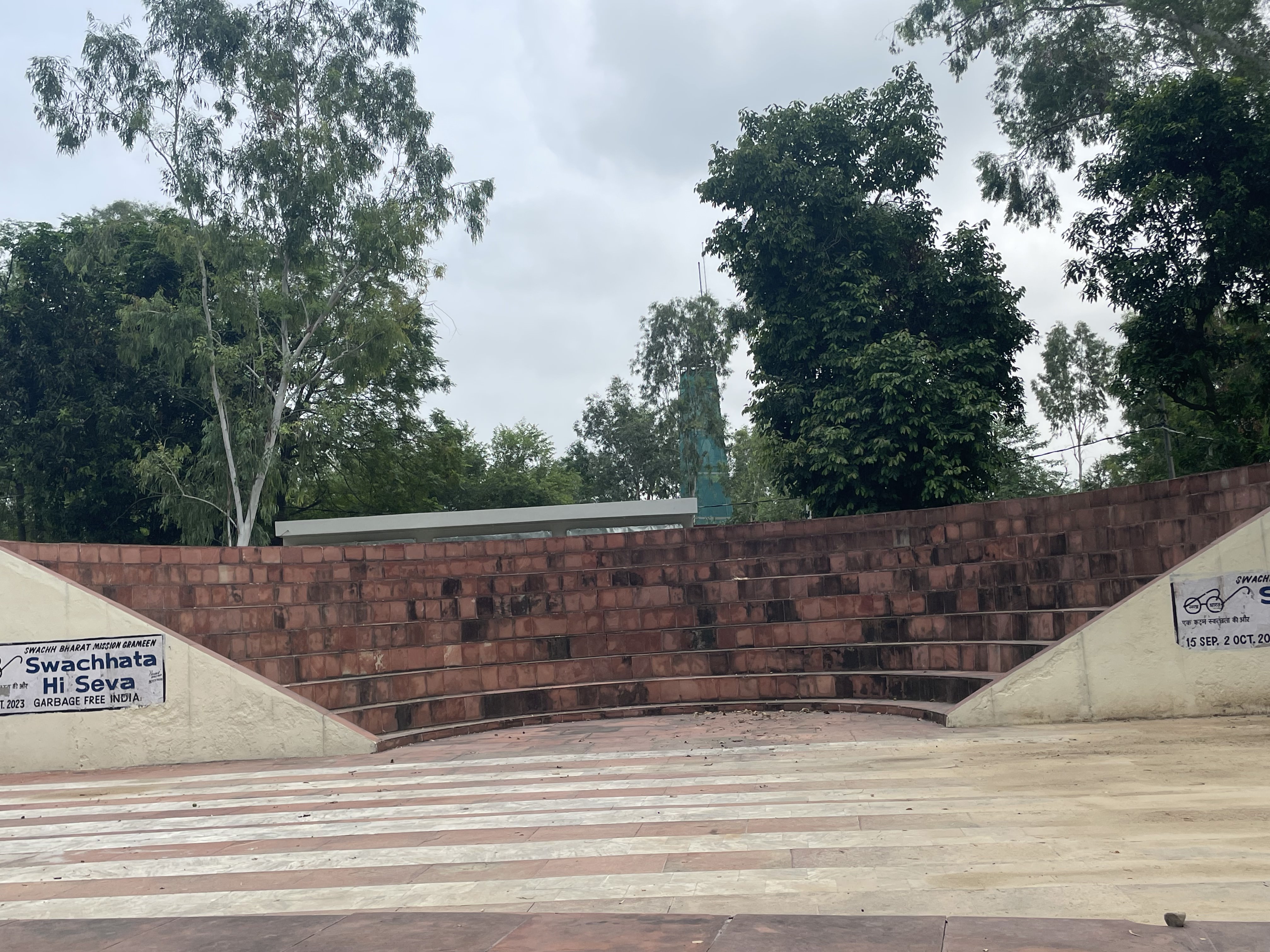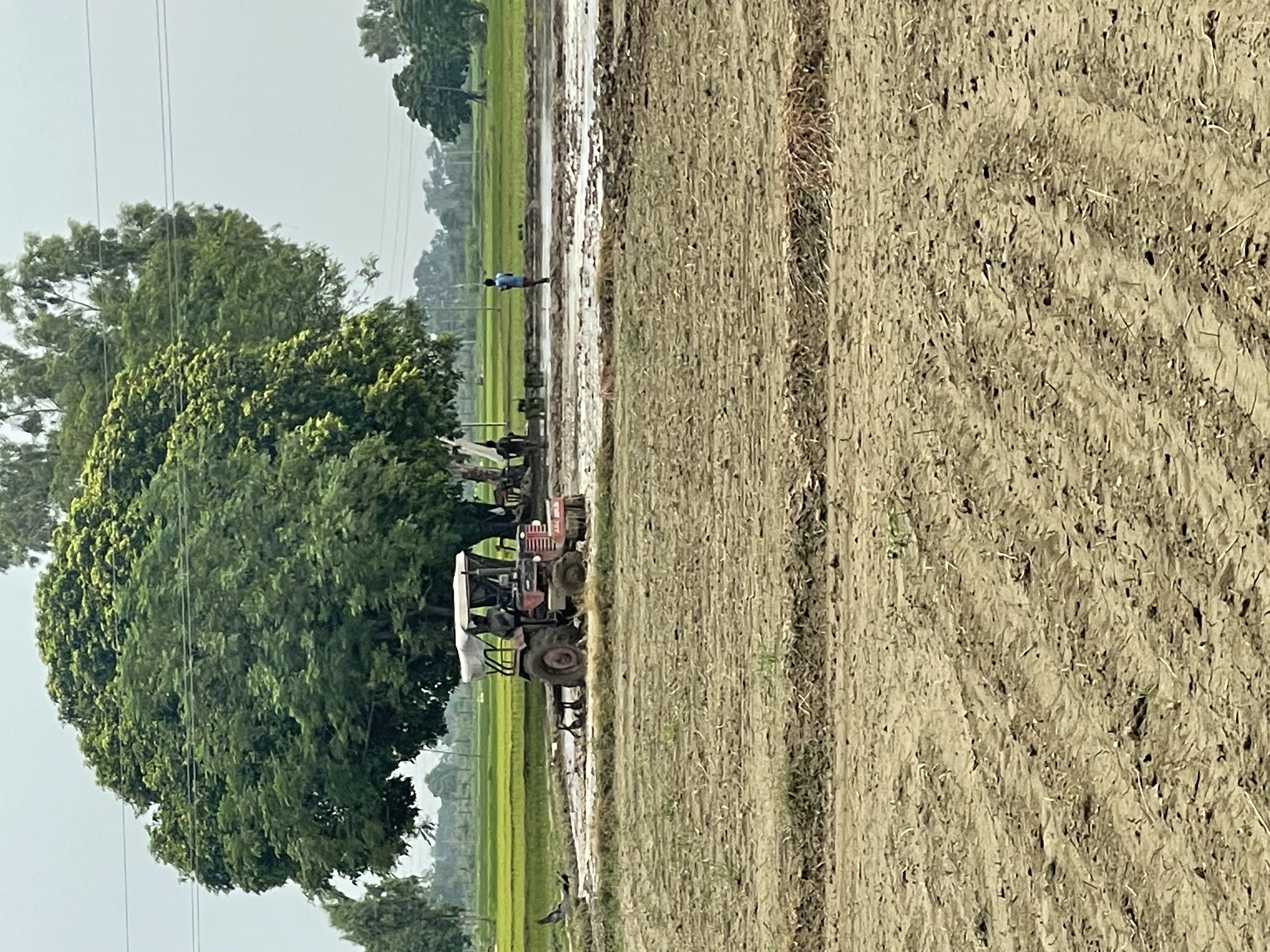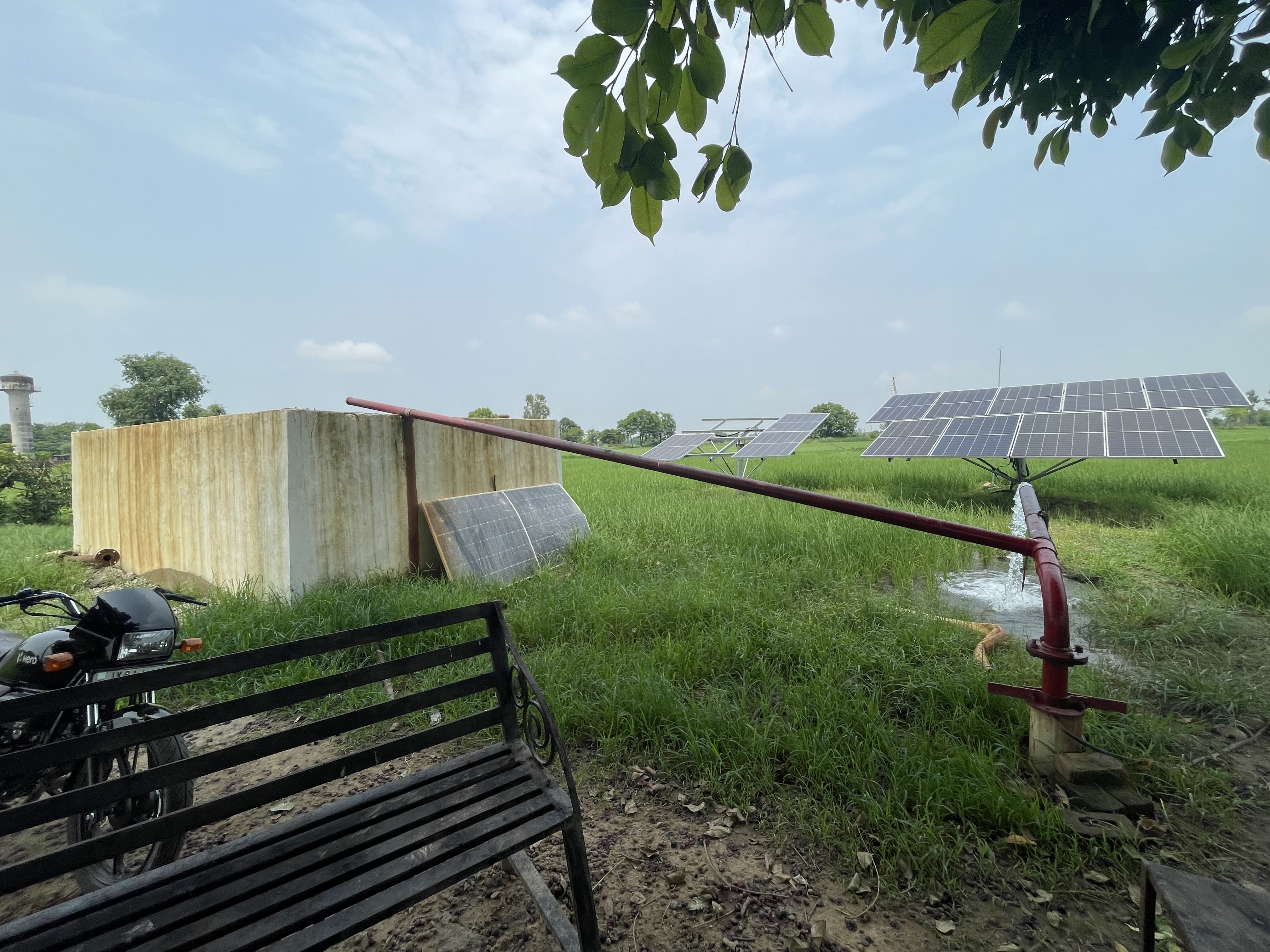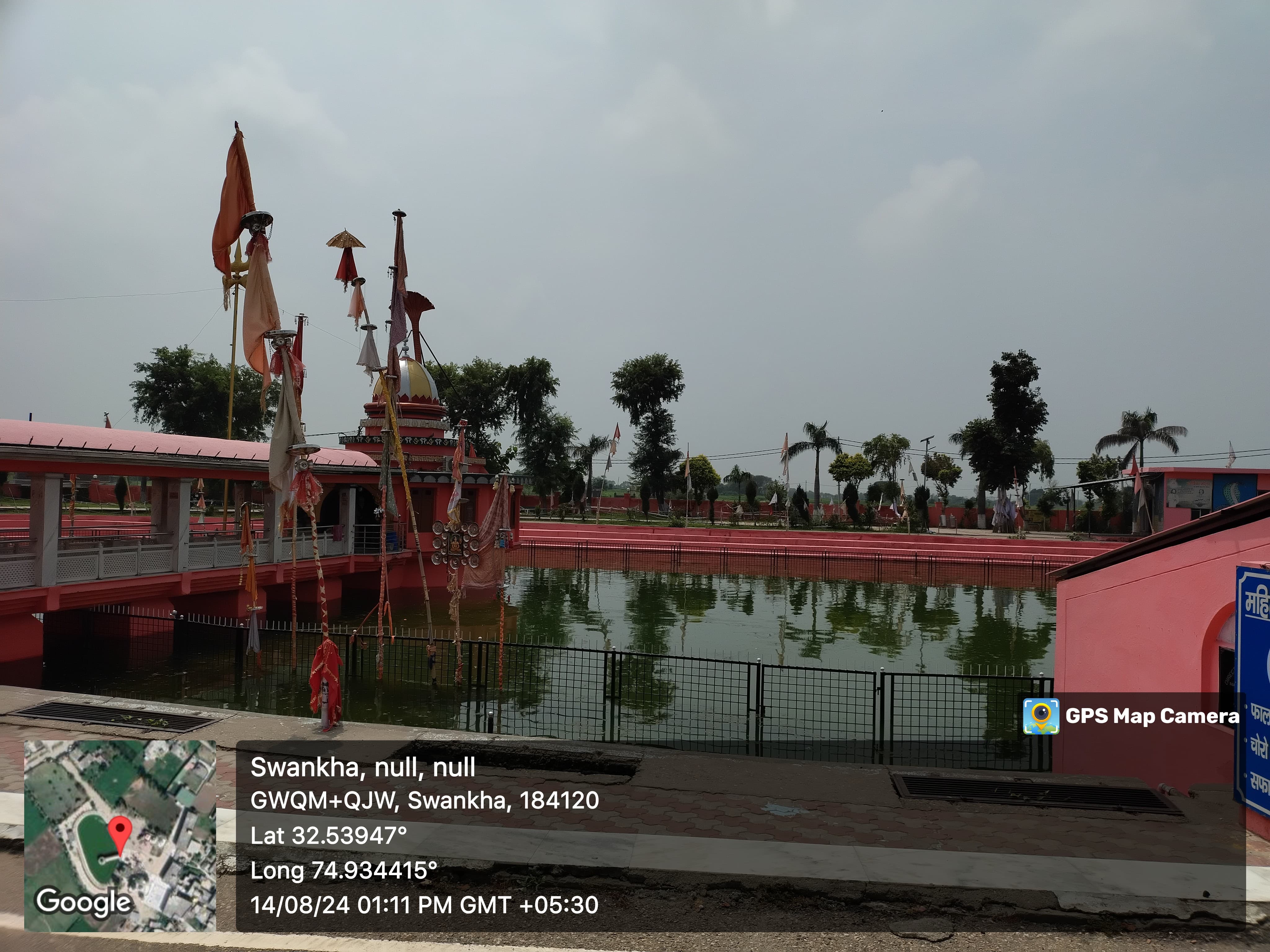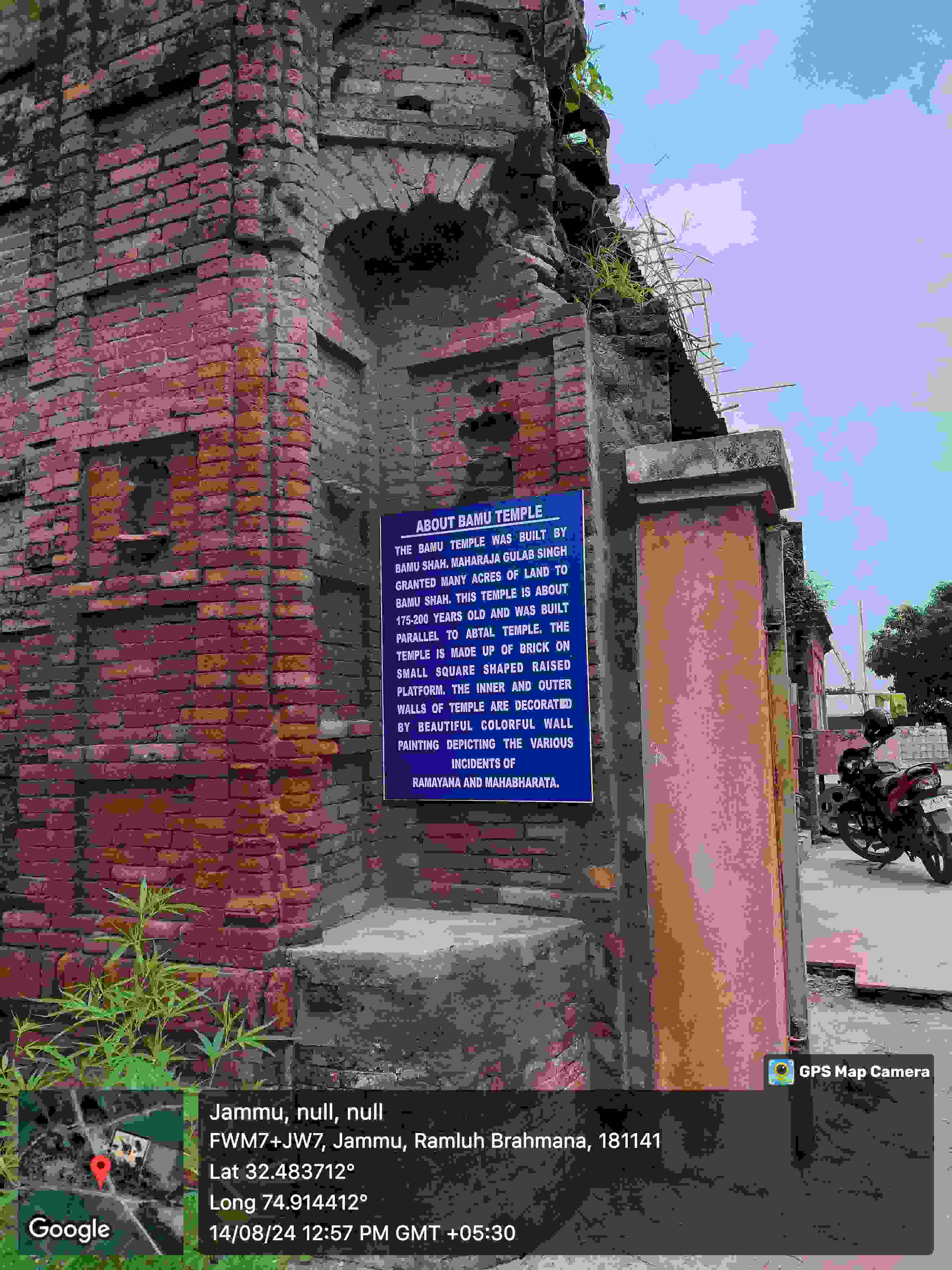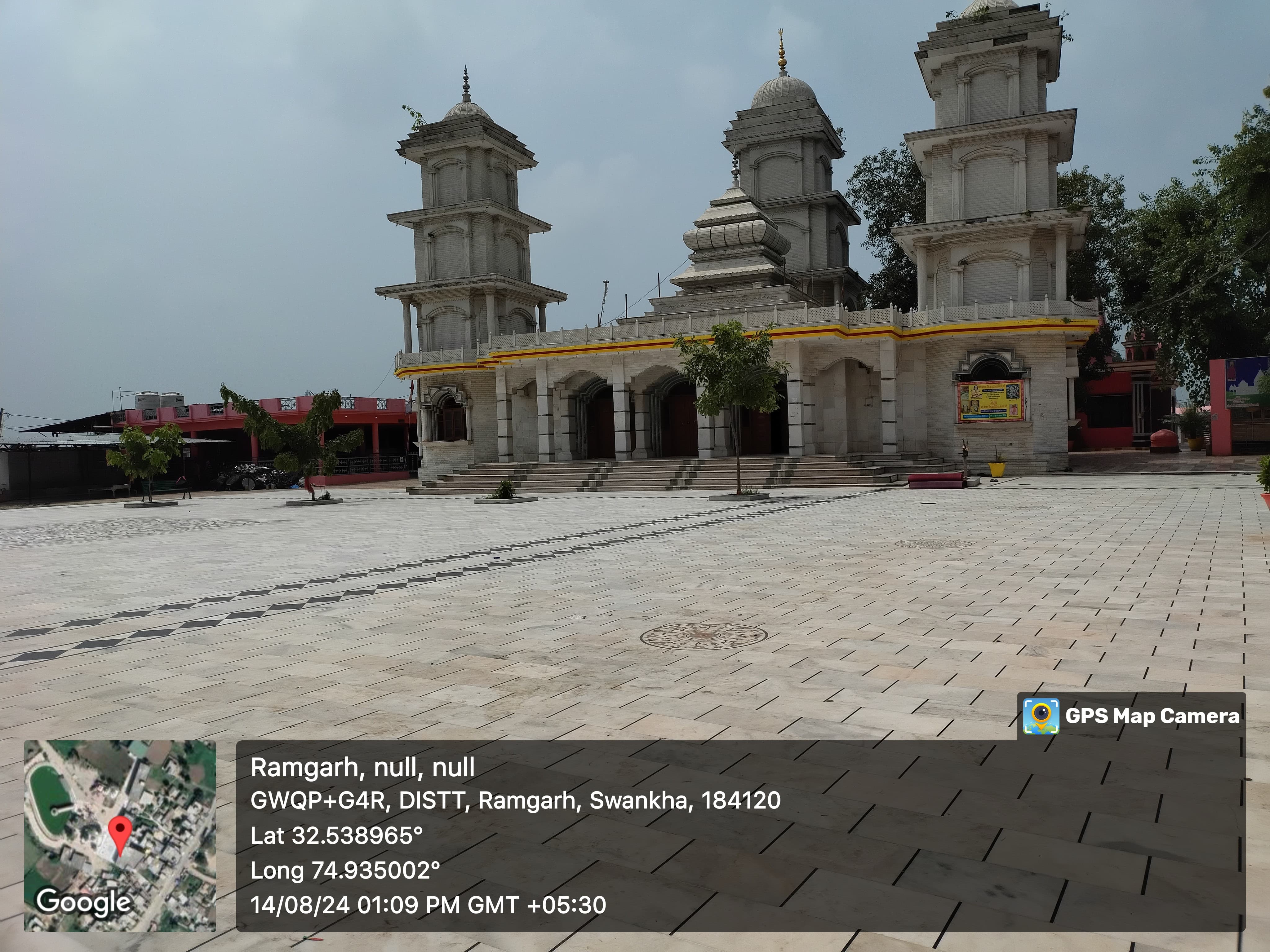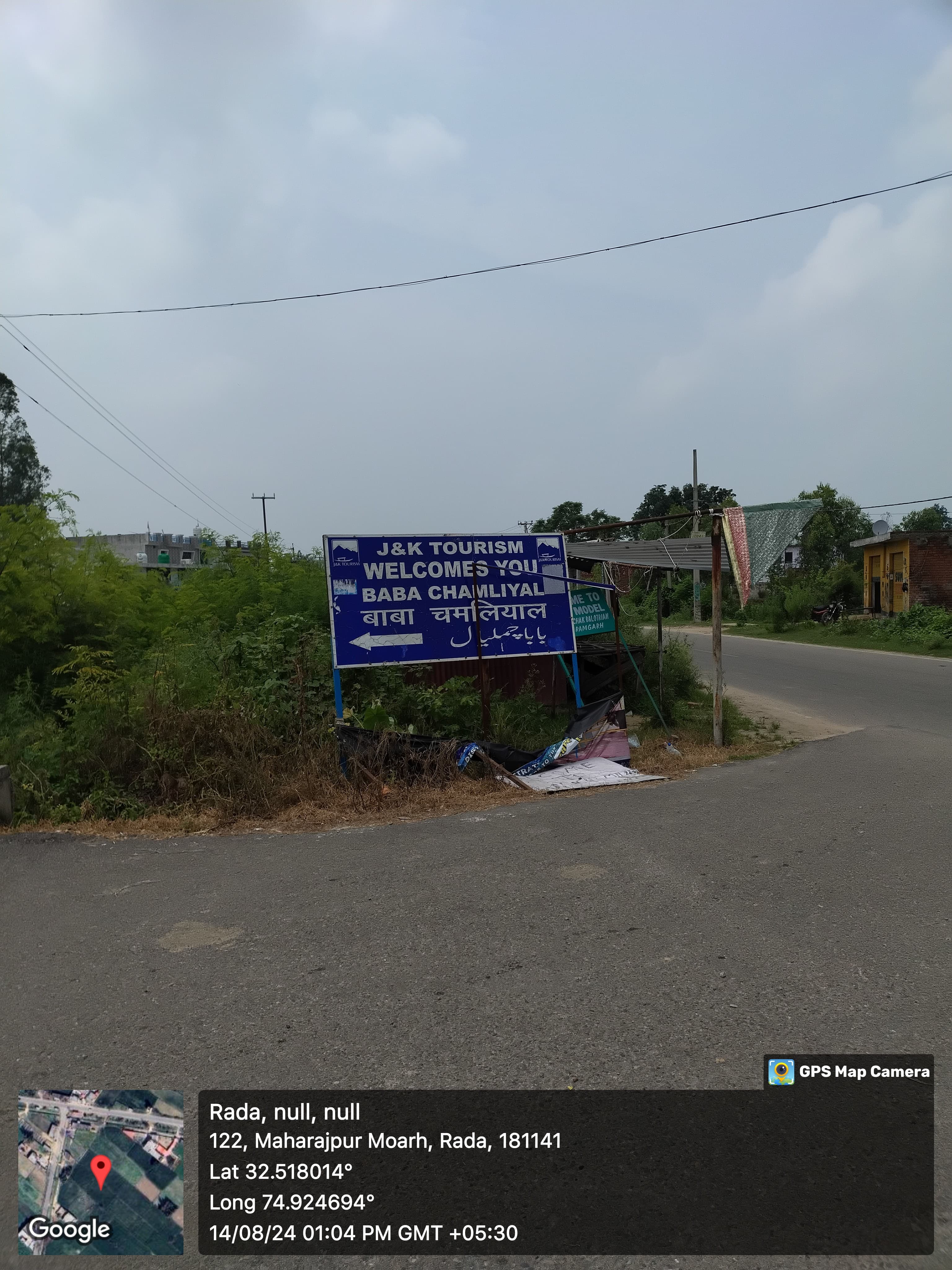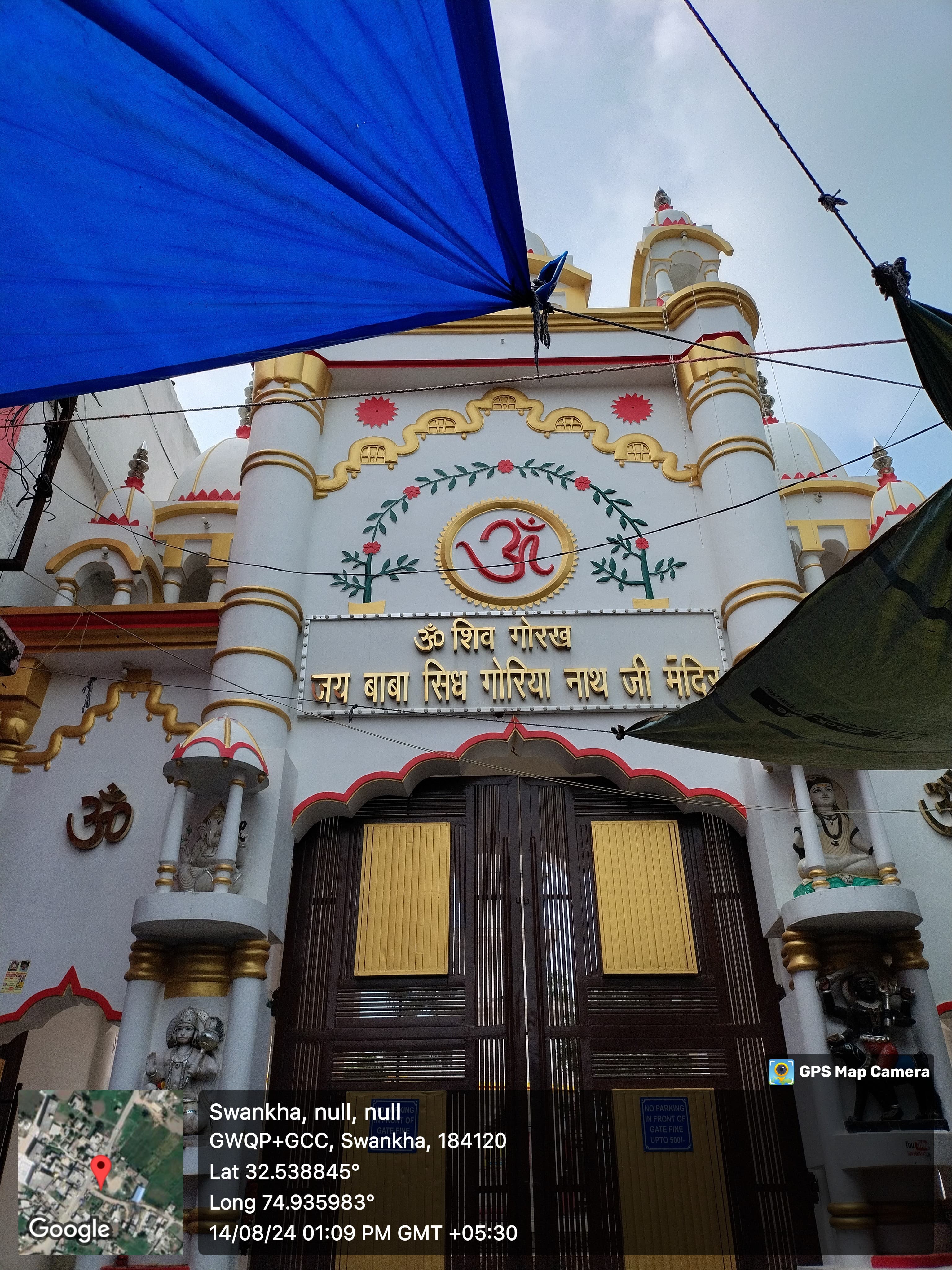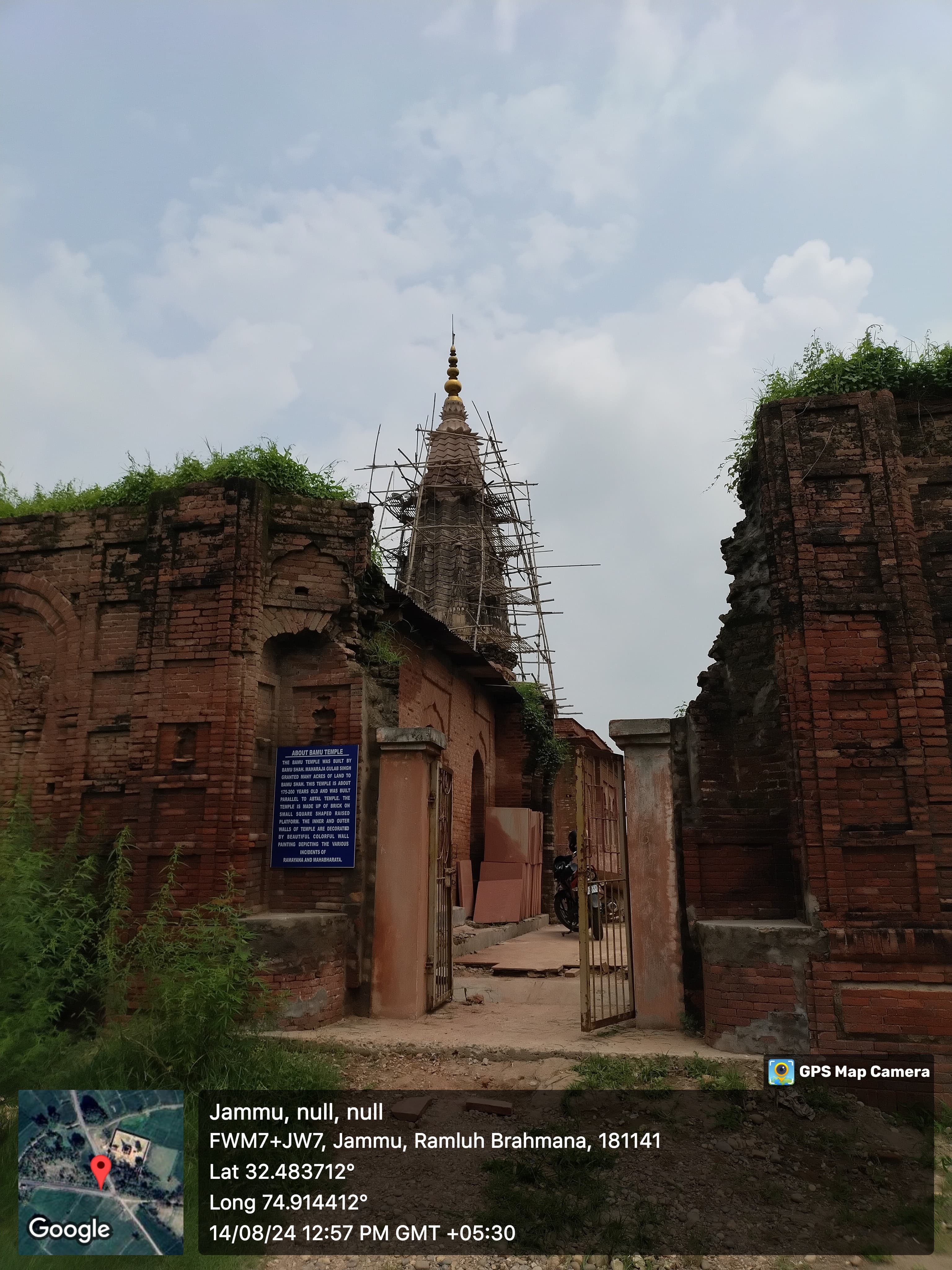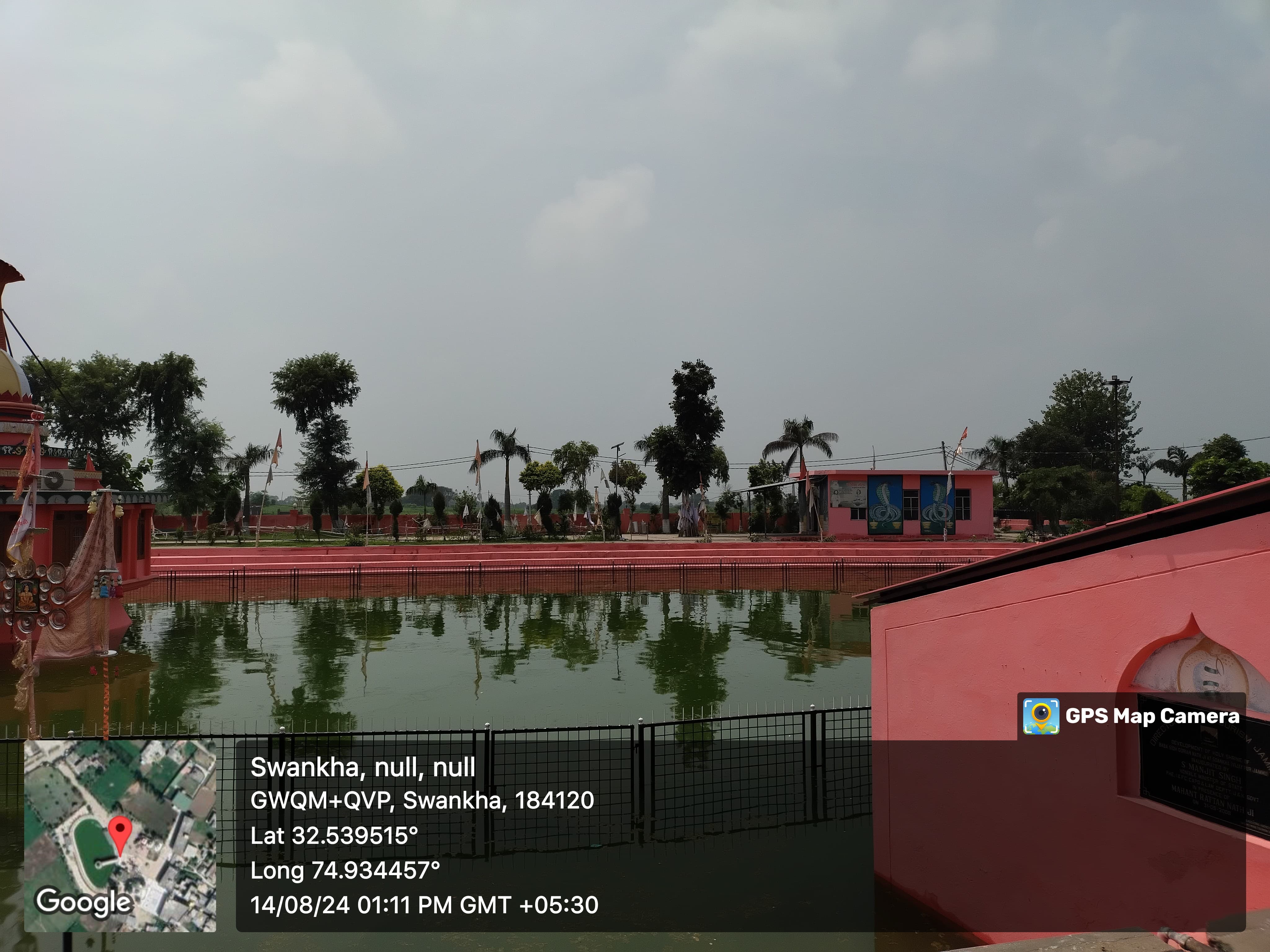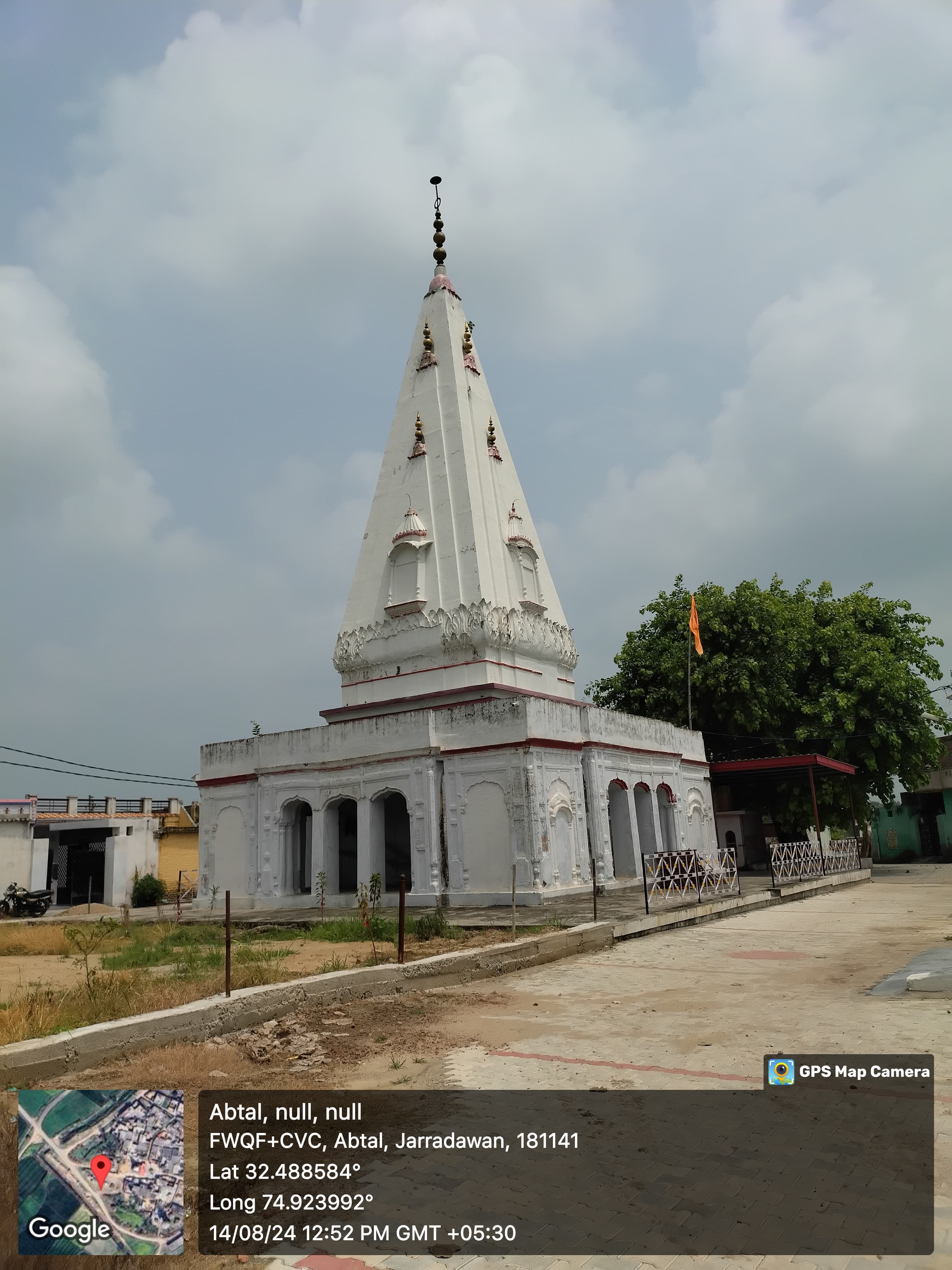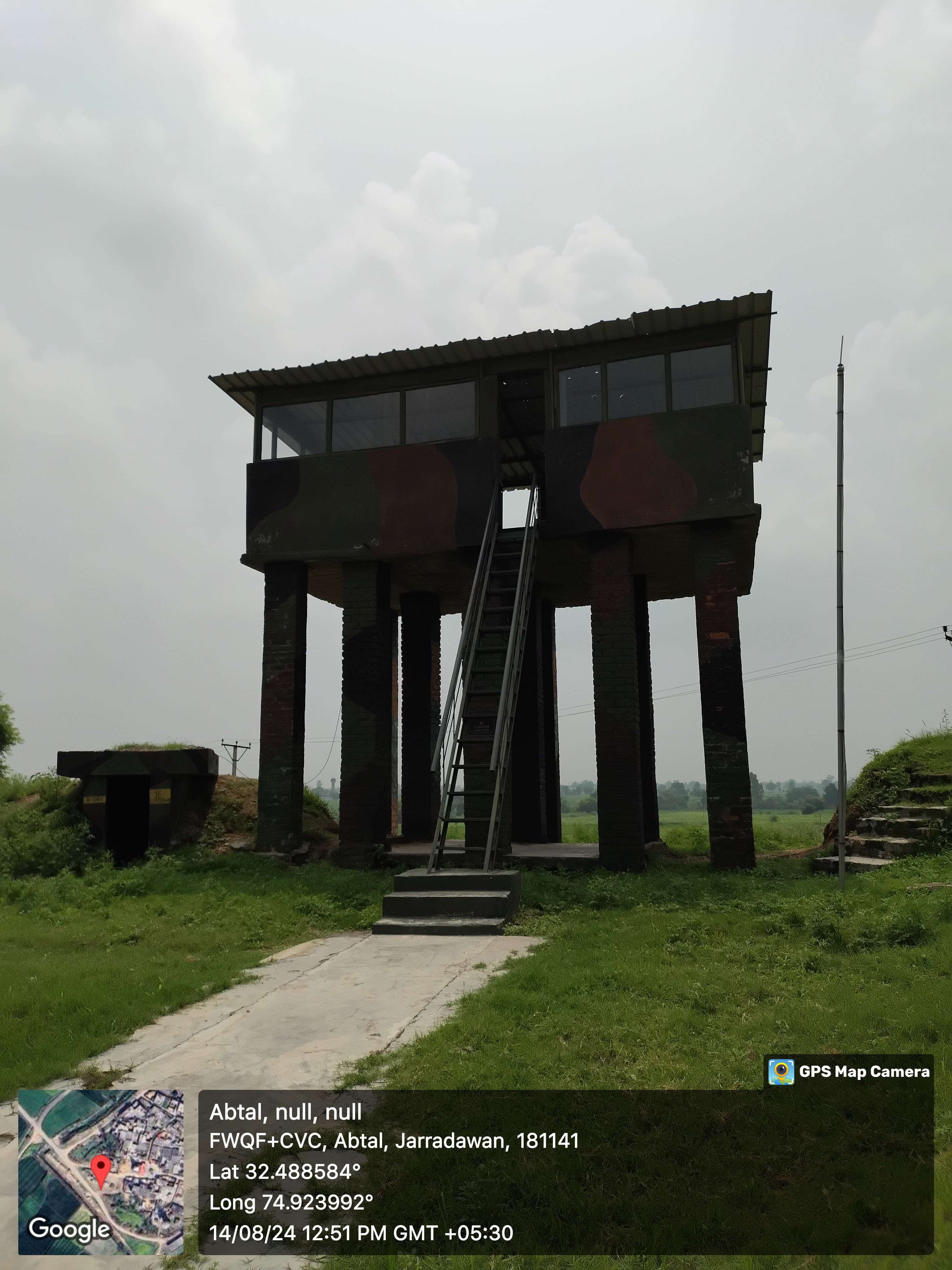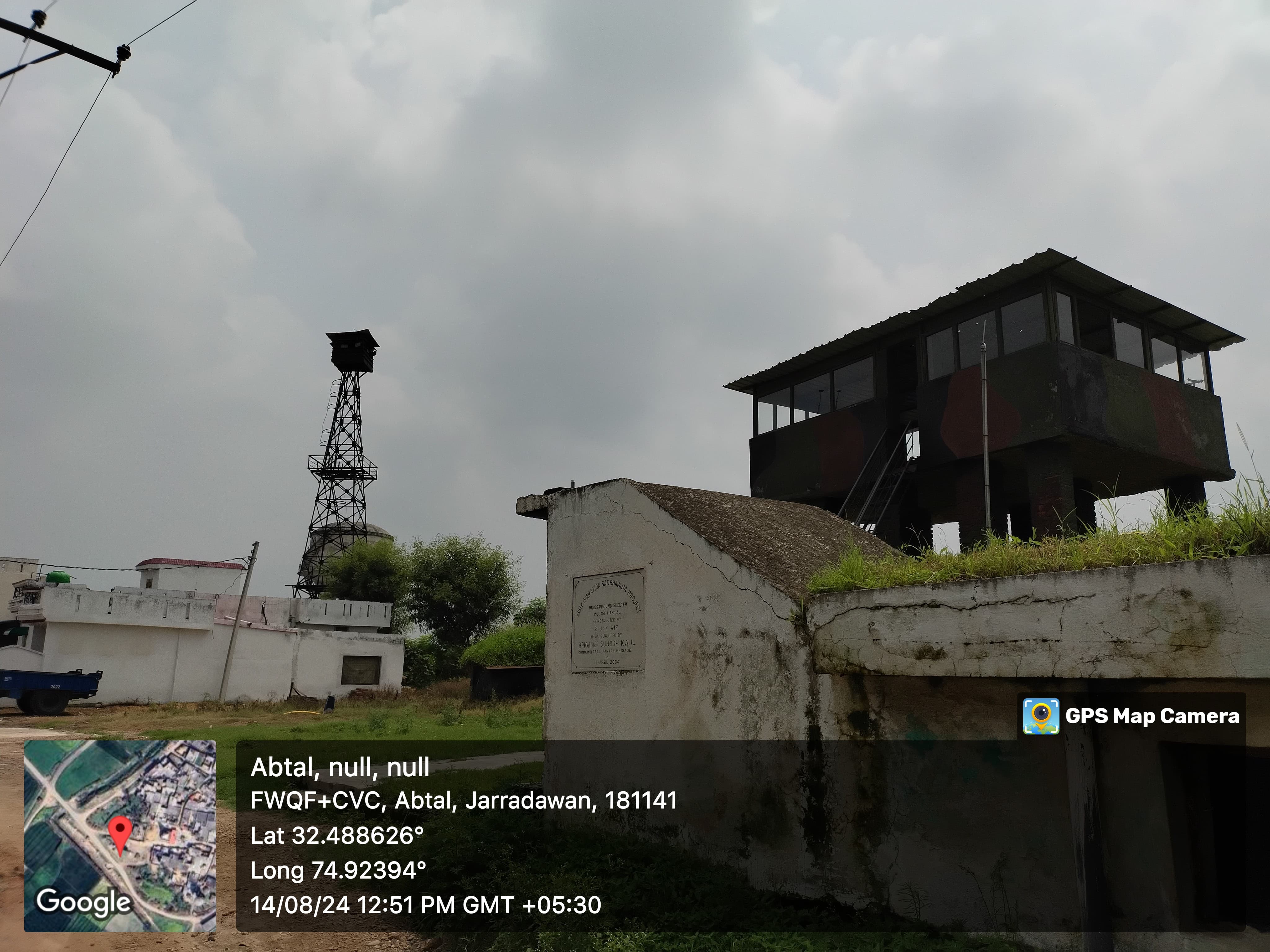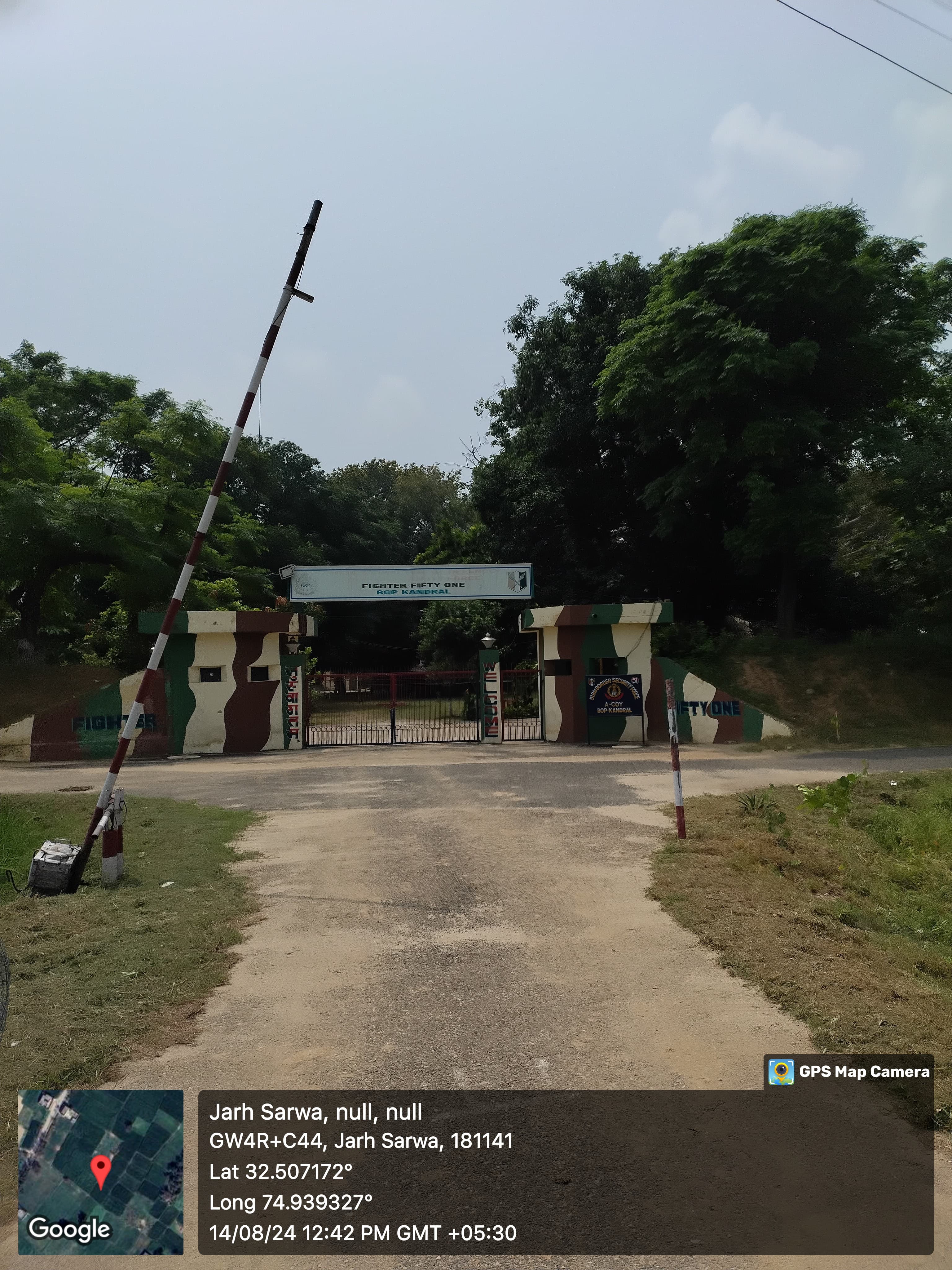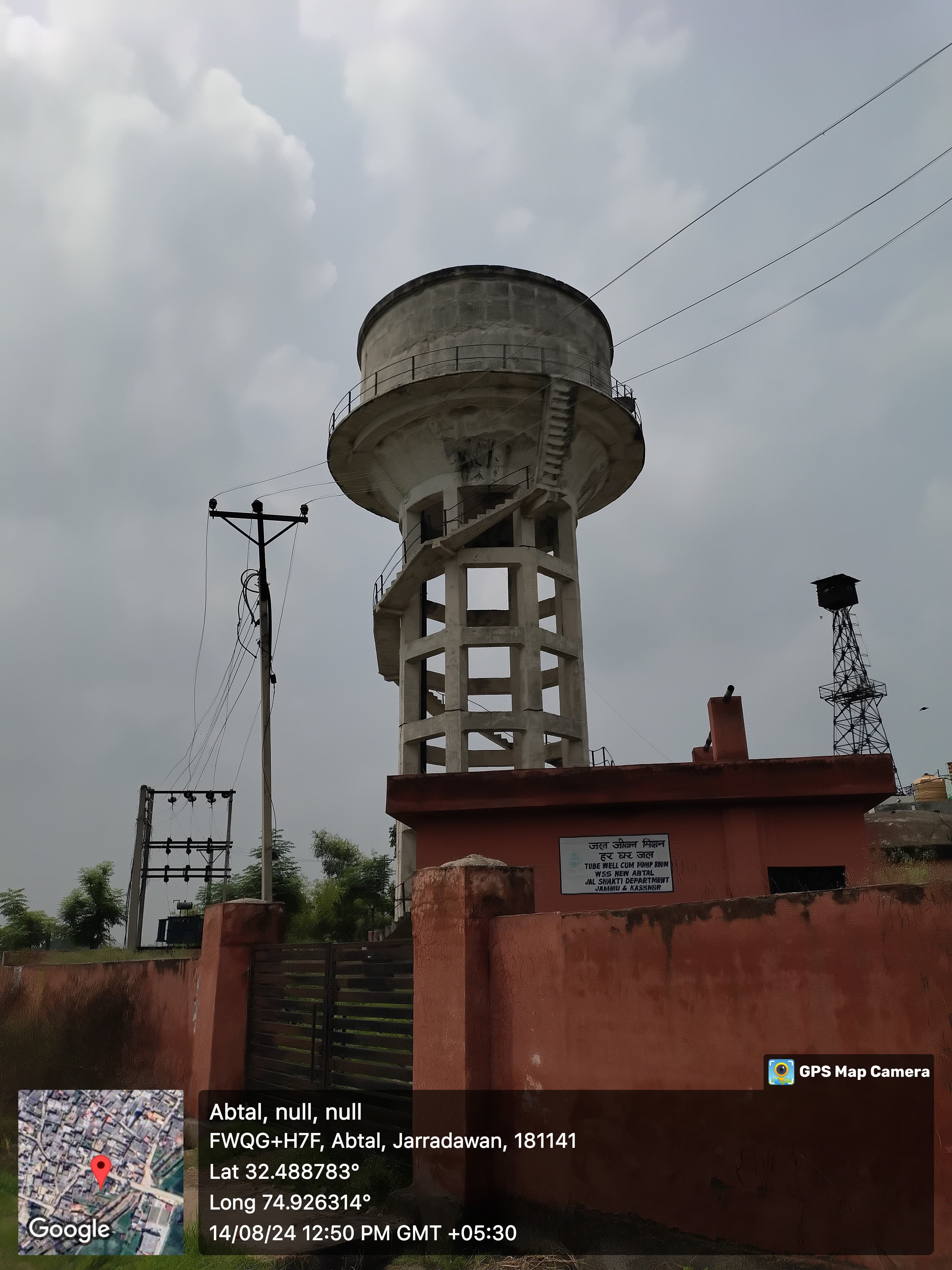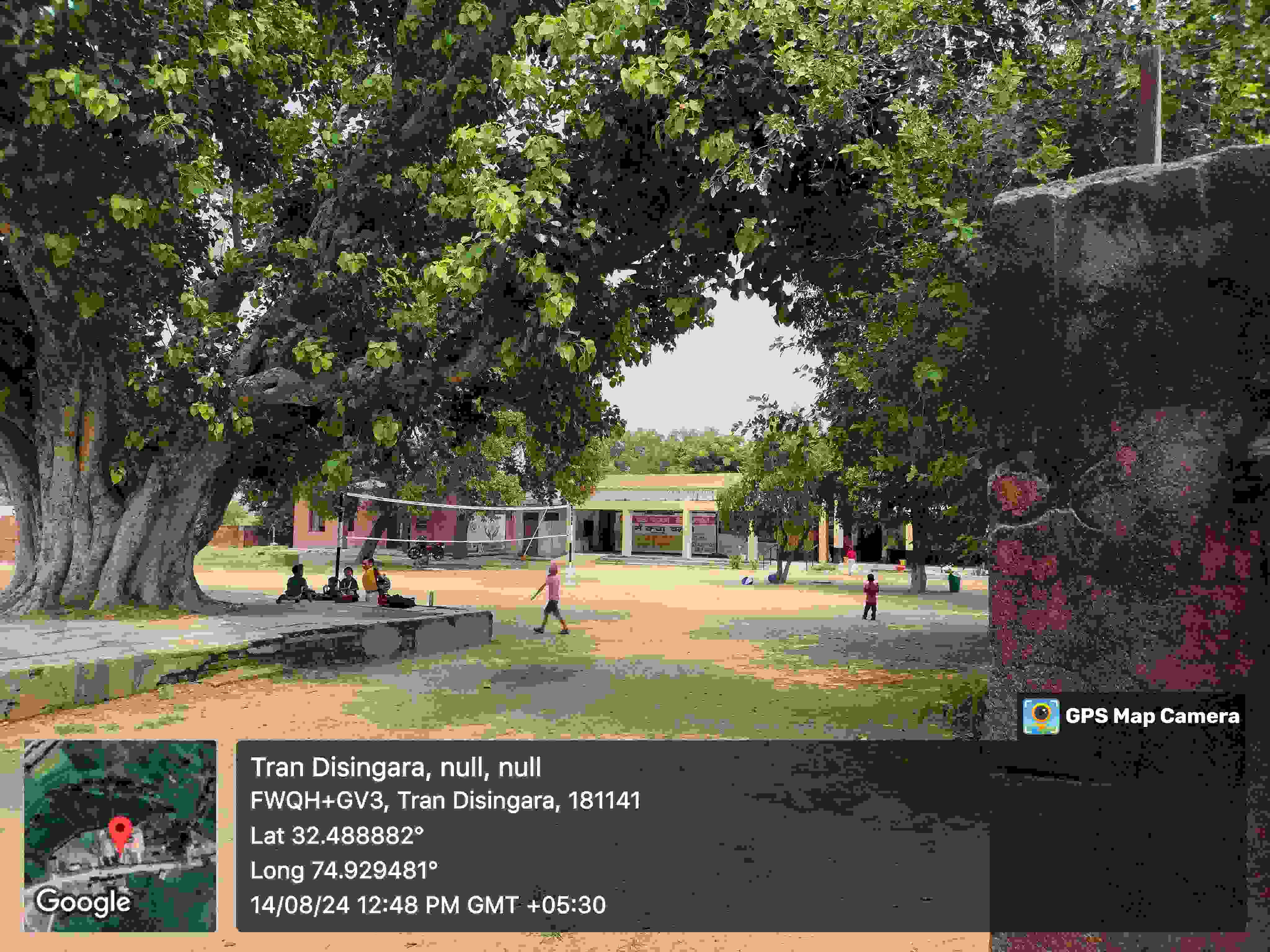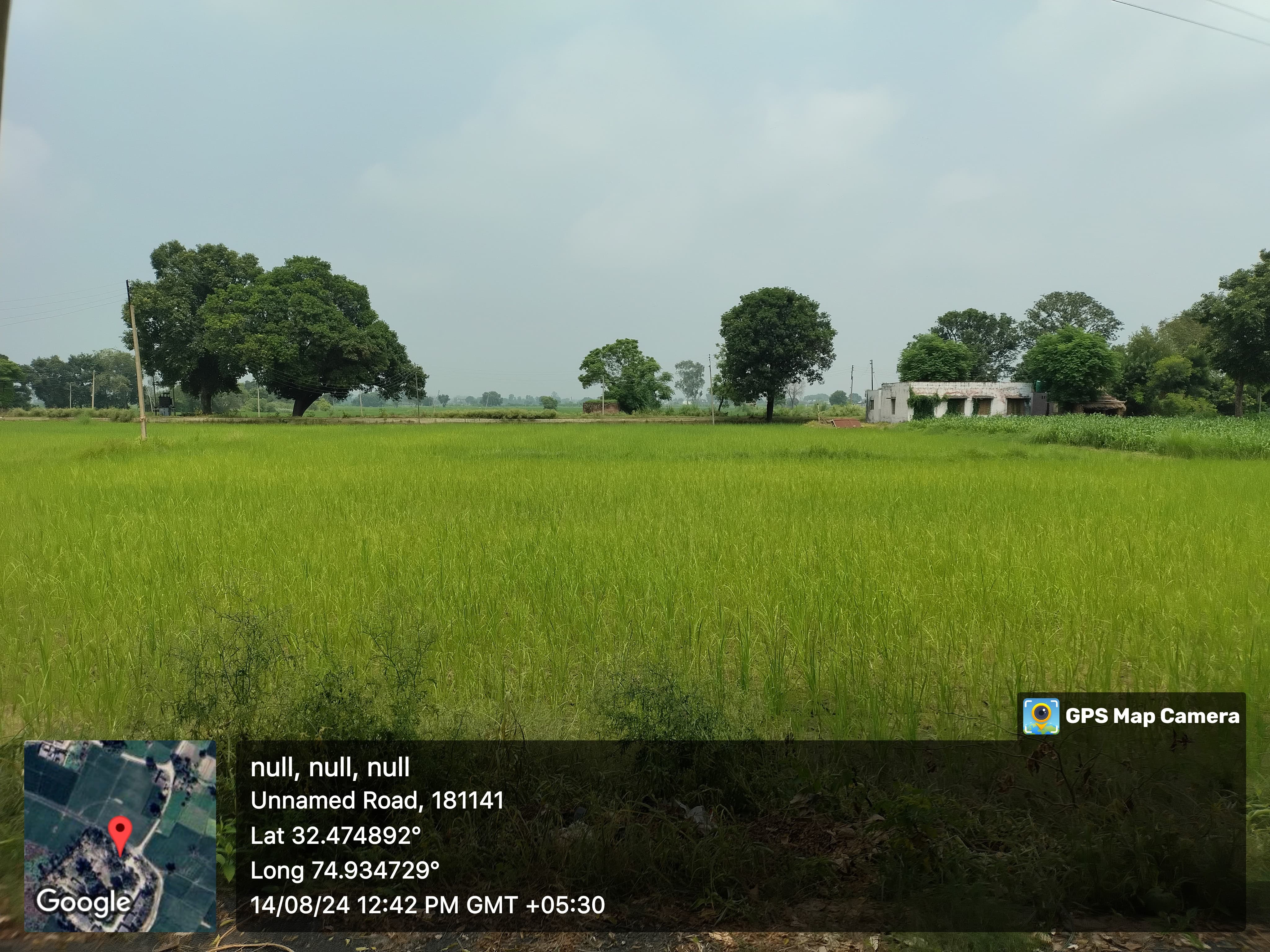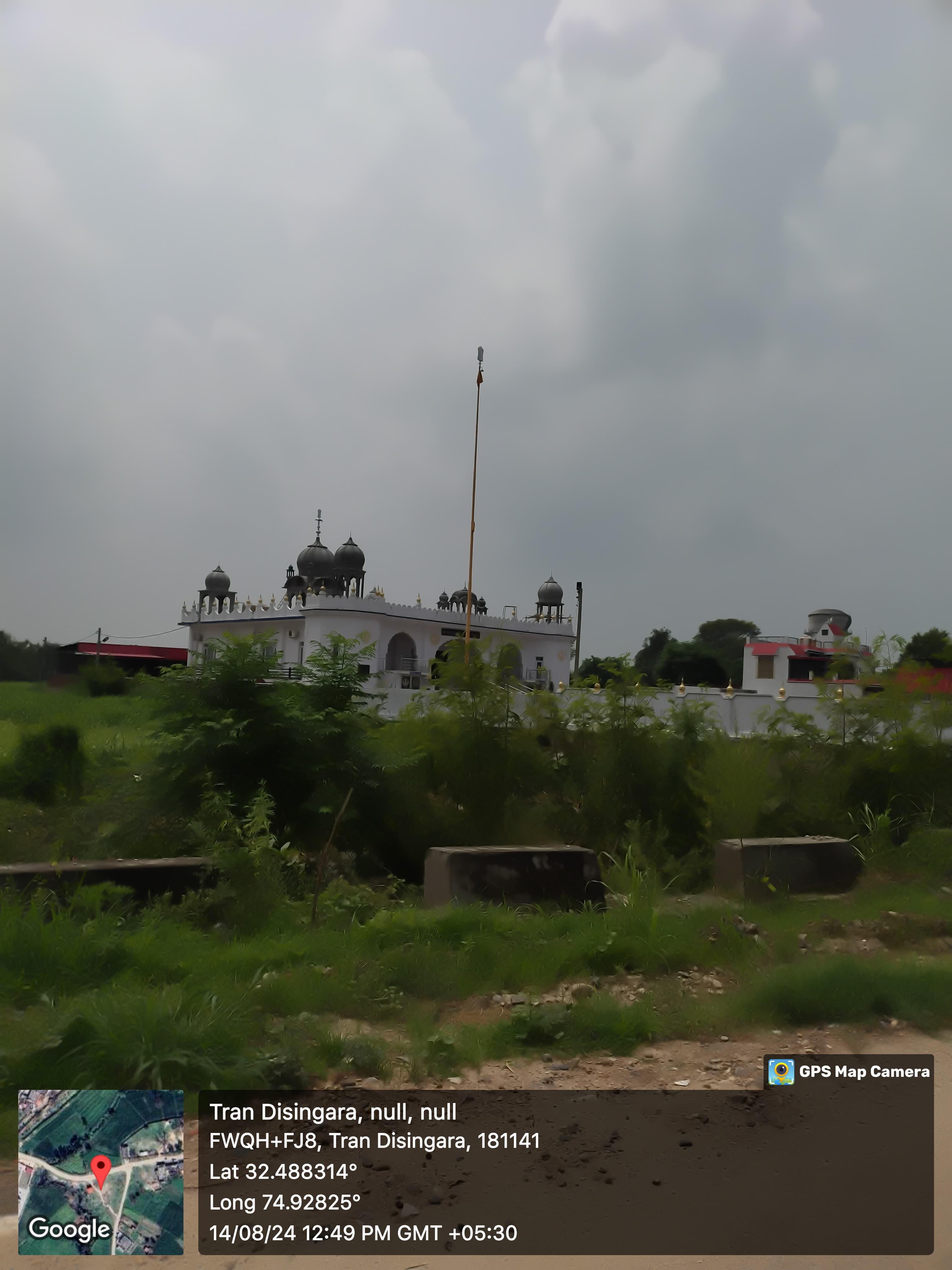Description
Introduction to Abtal Village
Abtal is a picturesque village located in the Samba district of Jammu and Kashmir, India. Nestled near the Indo-Pak border, it is known for its serene natural beauty, agricultural heritage, and vibrant community spirit. The village’s scenic landscapes, especially during the harvest season, provide a visual delight with lush green fields. Agriculture forms the backbone of Abtal’s economy, with most residents engaged in farming and related activities. This close-knit community embodies the essence of rural Jammu, preserving its traditions and values amidst modern challenges.
Historical Significance
Abtal's history has been profoundly shaped by its geographical proximity to the India-Pakistan border. Historically, the village was part of the culturally rich Dogra region, where ancient traditions and agricultural practices thrived. The partition of India in 1947 brought about significant changes, as many families faced displacement or separation. Refugees migrating from across the border introduced new cultural elements that blended with the village's existing Dogra and Punjabi heritage.
Abtal has also witnessed the impacts of major wars, including those in 1965, 1971, and the Kargil conflict in 1999. These events have left an indelible mark on the village, leading to the establishment of bunkers and heightened military presence. Despite these challenges, the resilient spirit of its residents has ensured the preservation of their unique identity and culture.
Cultural Landscape
Abtal boasts a vibrant culture influenced by Dogra and Punjabi traditions. Festivals like Lohri, Baisakhi, Diwali, and Holi bring the community together through joyful celebrations, music, and dances such as Bhangra and Gidda. The village also takes pride in its folk music, which features traditional instruments like the dhol and algoza, and songs in Dogri and Punjabi that celebrate rural life and human emotions.
Traditional attire reflects the region’s cultural richness, with men wearing kurta-pajamas and pagris (turbans), while women don colorful salwar-kameez and embroidered dupattas. Local cuisine, including delicacies like makki di roti with sarson da saag, rajma-chawal, and kaladi, is an integral part of Abtal’s identity, offering a taste of the region's agricultural bounty.
Resources and Livelihood
Agriculture remains the lifeline of Abtal, with its fertile lands producing crops like wheat, rice, and mustard. The village also supports horticulture and vegetable farming, contributing to both household sustenance and local markets. Water resources, including wells and irrigation canals, play a crucial role in sustaining agricultural activities, though occasional scarcity challenges the community's resilience.
Livestock rearing is another significant aspect of life in Abtal. Dairy farming, particularly the production of local cheese varieties, supports the economy and enriches diets. Additionally, natural resources like bamboo and firewood from nearby forested areas provide essential materials for traditional crafts and household use.
Community and Education
The strong sense of community in Abtal is reflected in its festivals, social gatherings, and shared agricultural practices. Temples and community centers act as hubs for cultural and religious activities, fostering unity among villagers. Though educational facilities are limited to primary schools, students pursuing higher education in nearby towns bring back valuable skills and knowledge, contributing to the village’s development.
The proximity to the border has instilled a deep sense of patriotism in the people of Abtal. Many families have members serving in the Indian armed forces, and their contributions are a source of pride for the community. This connection with the military has also nurtured discipline and resilience in the village's younger generation.
Potential for Development
While modest in infrastructure, Abtal has the potential to grow through tourism and cultural promotion. Its scenic beauty and rich traditions could attract visitors interested in rural life and handicrafts, providing new economic opportunities. Government and NGO initiatives aimed at improving education, healthcare, and farming practices have already made a positive impact, paving the way for sustainable development in this border village.
In conclusion, Abtal is a testament to the resilience and vibrancy of rural life in Jammu and Kashmir. Its rich history, cultural diversity, and natural resources make it a unique and enduring symbol of hope and harmony amidst challenges.
Photos
Videos
Location Map
Contact Information
| Address |
Samba District, Pincode:184121 |
| Phone Number |
6005421048 |
| Email Address | |
| Website | https://panchayatdarpansamba.jk.gov.in/PanchayatAbtal.html |

